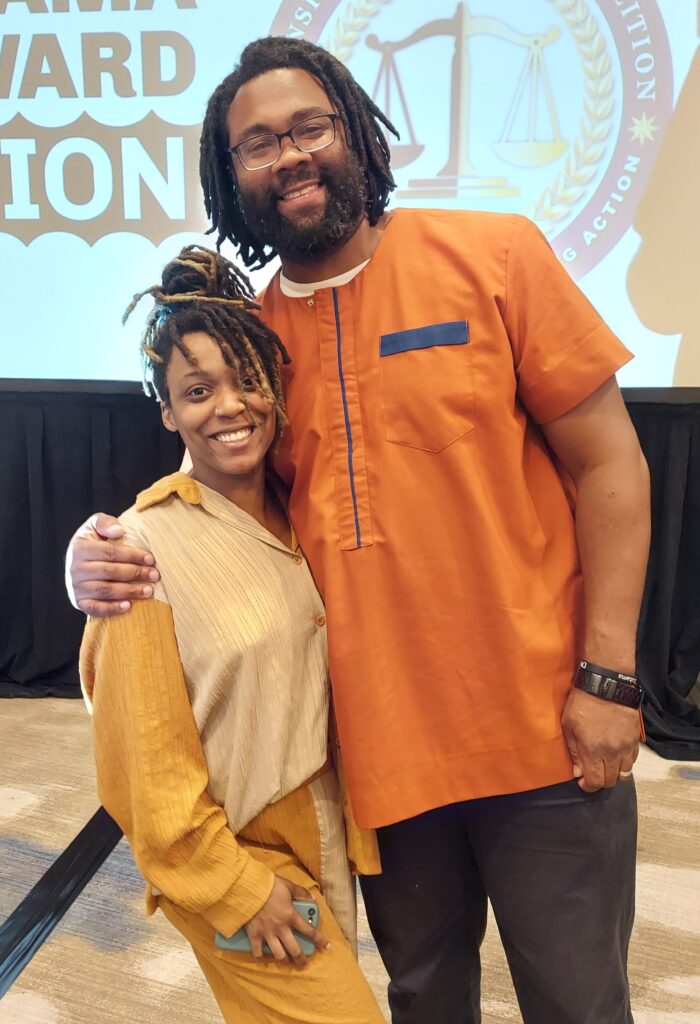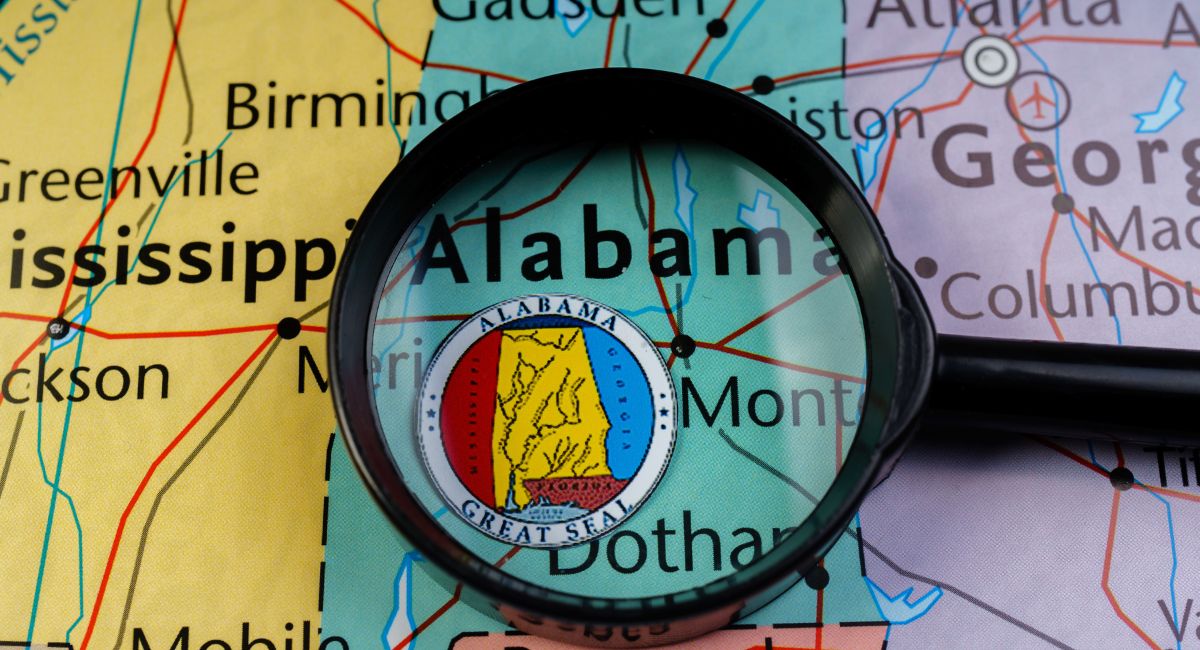Washington, D.C. — Evan Milligan, executive director of Alabama Forward and lead plaintiff in the Supreme Court case that won, for the second time, a ruling in support of Black voters in Alabama, says he was initially skeptical about devoting his agency’s resources to the legal battle.
At a Sept. 21 panel of voting rights advocates convened by the Transformative Justice Coalition to discuss the Alabama case, he explained that Black Alabamians had surged to 27 percent of the state’s population. By limiting African Americans to a single district out of seven for the state, the plaintiffs in Allen v. Milligan had argued, the state legislature was attempting to dilute the voting rights of Black voters in clear violation of the Voting Rights Act.
In June 2023 the Supreme Court concurred, mandating that the state’s Republican governor and Republican-dominated legislature redraw its map. When the second map was found by the court to be discriminatory as well, a special master appointed by a federal district court judge was assigned to craft a new map.
The Supreme Court declined the state’s request to use a map that includes only one Black district.
“As much as this story is about race and the law, it’s also a very interesting story about faith and the power of belief,” Milligan said.
He noted that human beings, particularly when facing great obstacles, may settle for a compromise that falls short of what justice demands. “That’s where I started.”
The elephant in the room for Alabama Forward and its coalition allies was: Why seek a remedy to electoral disenfranchisement from a Supreme Court that, in most cases, had shown itself hostile to minority voting rights?
The answer, Milligan recalled, came from coalition members themselves, particularly Black and Asian women.
“Here is the Voting Rights Act, it may not look like much right now. It may be weak and a shell of what it used to be but there’s life in it and we don’t walk away from that. Too many people in our state died and gave everything they had to give birth to it, to protect it, to keep it alive just a little while longer,” Milligan said.
“And we stand with that until they force it out of our arms, publicly and on the record for all of history and the world to see.”

Shalela Dowdy, another lead plaintiff in Allen v. Milligan who spoke at the convening, said her legislature’s violation of the VRA was no surprise given Alabama’s long and sordid history of Black voter suppression.
“We already knew they’re going to suppress the Black vote.” And the second map? “A slap in the face to Black Alabamians,” Dowdy exclaimed.
Alex Aronson, executive director of Court Accountability, observed that “Alabama’s defiance of the Supreme Court … is nearly unprecedented in our states’ and nation’s history.”
He attributed that defiance, in no small measure, to an estimated $600 million of dark money that has been invested through the years toward impeding voting rights in America. Rather than viewing the Alabama’s legislature’s map-drawing fiasco as an aberration or independent action, it should be seen as part of an orchestrated campaign directed by the Federalist Society and its partisan allies, he argued.
Cliff Albright, co-founder and executive director of Black Voters Matter, contended that the 1965 passage of the Voting Rights Act would have been unnecessary had states upheld the 15th Amendment which enshrines the constitutional right to vote regardless of race.
Albright urged young people attending the session to study American history and understand that the current legal conflict over redistricting in Alabama is consistent with its former Gov. George Wallace’s historic pronouncement: “Segregation today, segregation tomorrow, segregation forever.”
Rev. Jim Wallis, director of the Faith and Justice Center at Georgetown University, posited that America is at a crossroads. “It’s about whether this nation will make a choice between a genuine multi-racial democracy for the future of our country or whether it’s going to continue to be a land — as the Doctrine of Discovery said — ordained by God for white Europeans.”
The Doctrine of Discovery, Wallis explained, was launched in the 1490s “with papal bulls and legal concepts that gave white European nations the right to conquer any land they chose in undiscovered lands in America.”
Wallis contended that America’s internal and racial conflicts are “coming to a crescendo” with the election in 2024: “There’s a whole lot of White Alabamians who don’t want to give up on the idea that this land belongs to them.”
After questions from audience members, Barbara Arnwine, president and founder of Transformative Justice Coalition, closed the session with a rousing challenge to attendees, especially TJC student activists.
“We have to step into the breech,” said Arnwine. “If you find the door closed, if people won’t invite you to their party, throw your own party. Create your own organizations. Let’s be very clear about this. TJC didn’t exist ten years ago; nor did Black Voters Matters.”
“Sometimes the best thing — what’s in your heart, that’s driving you, that says it needs to exist and it doesn’t exist — give birth to it,” said Arnwine. “Set it loose and do what needs to be done.”





